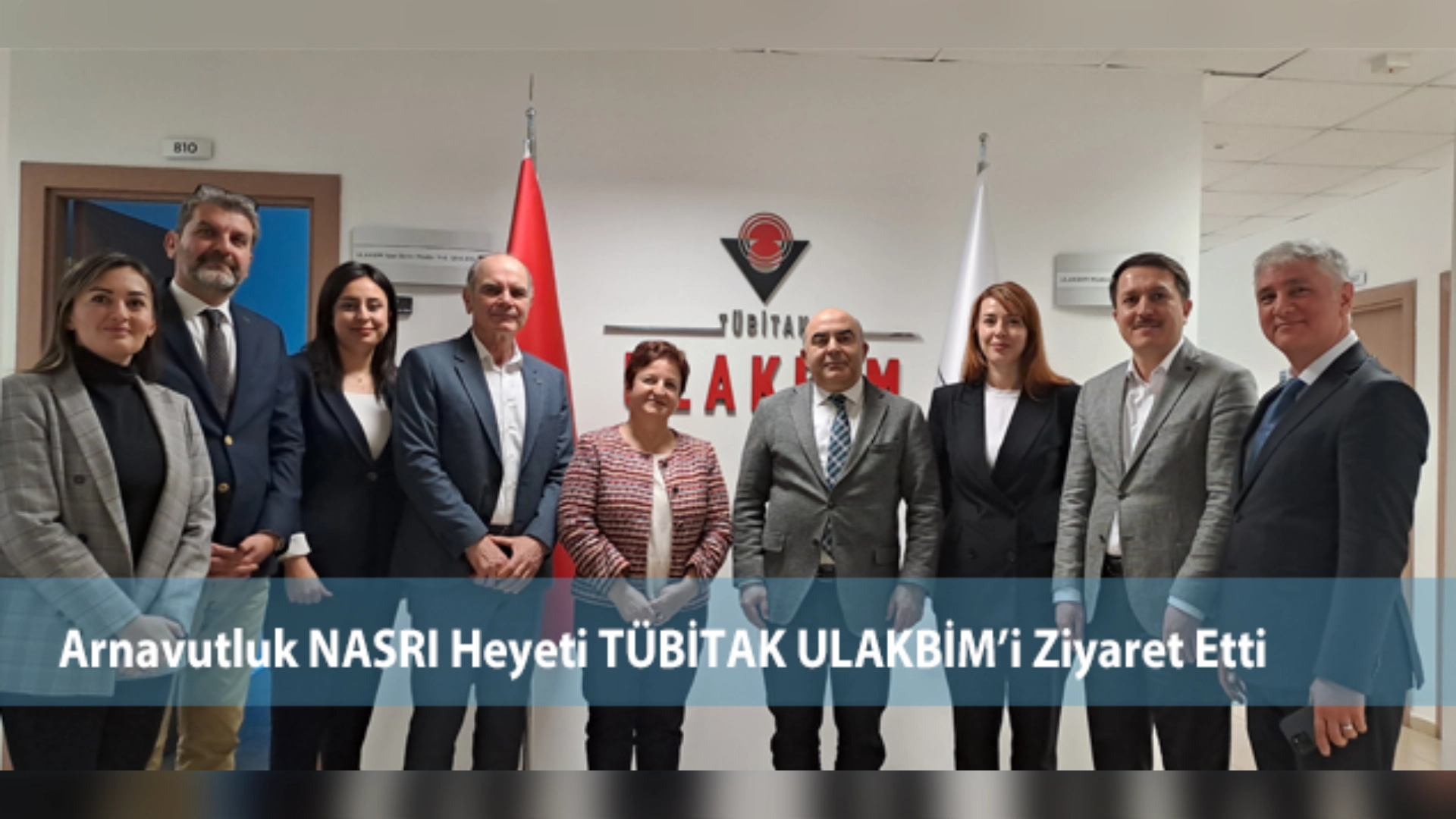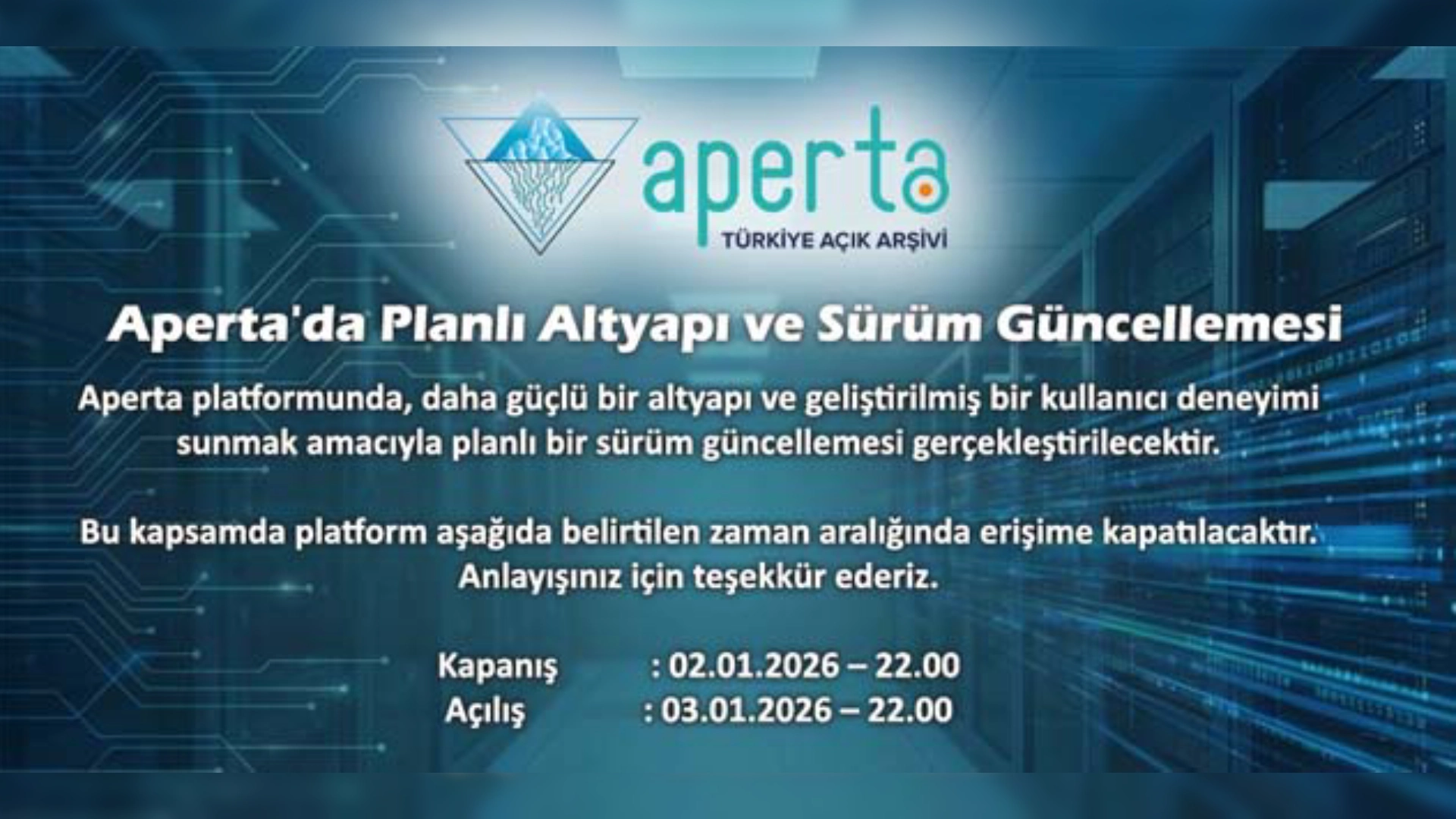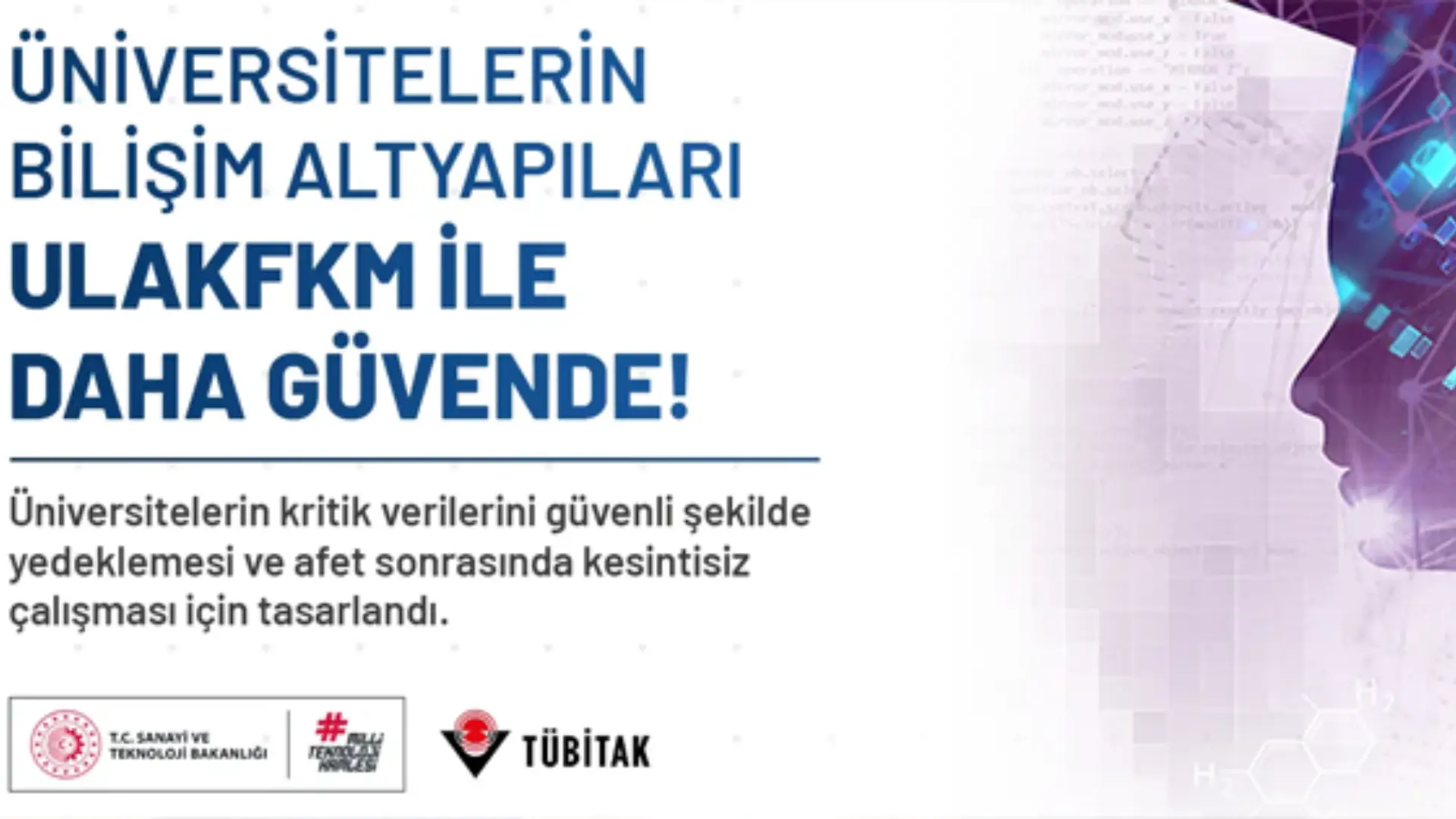Started in 2003 at TÜBİTAK BİLGEM and transferred to TÜBİTAK National Academic Network and Information Center (ULAKBİM) in 2012, the Pardus project, which has published 7 main versions and 22 intermediate versions and has reached a level of widespread use reached by very few distributions in the world, will continue its journey at TÜBİTAK BİLGEM Software Technologies Research Institute (YTE) as of October 2024.
Pardus, whose development and dissemination activities are carried out under the management of TÜBİTAK ULAKBİM with the aim of reducing dependence on foreign countries, especially in the field of informatics, has undergone a flag change in order to become more widespread together with TÜBİTAK BİLGEM products, which are involved in strategic, sensitive and critical projects of our country.
The Story of Pardus
The Pardus project, which started in 2003 with the aim of meeting the basic desktop needs of computer users with IT literacy, released its first stable version, Pardus 1.0, on December 27, 2005 at TÜBİTAK BİLGEM National Research Institute for Electronics and Cryptology (UEKAE).
As of 2012, the goal of the Pardus project was updated to ensure the dissemination of open source/free software primarily in the public sector and the management of the project was transferred to TÜBİTAK ULAKBİM.
The first stable release, Pardus 2013 Enterprise Edition, was released on March 25, 2013 and announced to the public at a press conference (https://ulakbim.tubitak.gov.tr/tr/haber/pardusun-2013-surumu-kullanima-sunuldu).
Pardus Call Center (444 5 773) has been put into service with Pardus 2013 Enterprise version. Pardus is the only operating system that has been providing free support directly from expert staff for more than 11 years through its call center. Pardus Call Center and Pardus Help Desk provide support to users.
After 2017, the Pardus Operating System has been released in two-year periods with major releases 17, 19, 21 and 23 and 5 intermediate releases per major release. The most recent Pardus release is version 23.2, released on July 16, 2024, with weekly package updates (https://www.pardus.org.tr/pardus-surum-notlari-23-2/). For seven years now, Pardus has been released with the utmost attention to its release schedule, and it is one of the few distributions to demonstrate this consistency.
Dissemination/Development Activities
Since 2013, Pardus and GNU-Linux System Administration Trainings have been provided to public IT personnel to ensure the widespread use of the Pardus Operating System, especially in the public sector.
In 2015, the first Public Open Source Conference (POSC) was organized and continued continuously until 2019, enabling the sharing of transformation stories and experiences in the public sector.
Support was provided to open source NGOs such as the Linux Users Association (LKD) and the Internet Technologies Association (İNETD), public institutions, universities and various other educational institutions for Pardus promotion and training activities.
The long-standing work of the Pardus team with the Presidential Digital Transformation Office on the dissemination of Open Source software in the public sector reached a point of historical importance with the Presidential Circular issued in 2023; public institutions started their transformation analysis studies based on the suggestions and report templates provided (https://cbddo.gov.tr/projeler/acik-kaynak/).
Pardus is used in various public institutions such as AFAD, Ministry of National Defense, Presidency of Religious Affairs, Presidency of Strategy and Budget, BTK, İSKİ, and TÜBİTAK. Pardus transformation in public hospitals was launched in 2016 with a contract signed with Bursa Public Hospitals Union. Under the leadership of Bursa, Pardus transformation in healthcare has spread across Turkey, particularly in Aydın, Kırıkkale and Kütahya city hospitals (https://pardus.saglik.gov.tr/).
Some Pardus conversion experiences in various organizations pardus.org.tr/interviews/ page of the DistroWatch website. In addition, on DistroWatch, a website that evaluates various Linux distributions, Pardus ranks sixth with an average of over 9, receiving very favorable comments especially from foreign users.
The use of Pardus in the private sector continues to expand rapidly with Ziraat Participation Bank, Nesibe Aydın Schools, Sistem Patent, Manisa OSB, Calinos Holding, Uğurlular Tekstil and some e-commerce sites.
Pardus in Education
The most widespread use of Pardus is on interactive whiteboards within the Ministry of National Education. As of now, the number of boards connected to the internet and installed is over 220 thousand (https://tahta.etap.org.tr/). In addition, there are over 250 thousand laboratory computers in use. Within the scope of the contract with MoNE, it is envisaged that all interactive boards and personal computers in laboratories will be converted to Pardus (https://www.meb.gov.tr/okullarda-mill-isletim-sistemi-pardus-yayginlastirilacak/haber/31964/tr). With over 250,000 machines within the Ministry of National Education, it has achieved considerable success among Linux distributions all over the world.
Pardus ETA, together with MoNE, participated in the London BET fair in 2015 and CEBIT'16 in Hannover in 2016 and was introduced in the international arena.
High school students were given trainings on Pardus and open source software within the scope of Pardus Open Source Days (PAK) organized in Samsun province since 2018 to familiarize them with the philosophy of free software and to spread this awareness.
Pardus has provided on-site training to more than 100 institutions, mostly universities. Those who want to learn Pardus Operating System and open source technologies can access Pardus Distance Education Center (https://uzem.pardus.org.tr/) can also receive online trainings. Over two thousand users receive various trainings here.
User Services/Products
The Pardus team has been involved in many Open Source transformation projects over the years, and has enabled many organizations to become self-sufficient with the training it provides. https://rehber.pardus.org.tr published a transformation guide on its website.
To facilitate the use of Pardus by end-users and institutions, the Software Center (https://), where applications can be installed with a single click.apps.pardus.org.tr) as well as many applications (https://pardus.org.tr/pardus-applications). In addition, Lider Ahenk, a remote management center for corporate use, the cyber security system Octopus BSGS, and the identity management system Engerek are also being developed within Pardus.
The Pardus Community Portal ( Pardus Community Portal ) is a platform for volunteers who want to contribute to the Pardus Operating System in various ways to share their articles, share their experiences and follow the developments in the open source world.https://gonullu.pardus.org.tr/) has been implemented.
In addition to popular social media platforms, discord channel and https://forum.pardus.org.tr There is a very active Pardus Forum. In recent years, with the positive impact of Teknofest Pardus competitions, there has been a significant improvement in community support.
Pardus was downloaded over 900 thousand times in 2023.
There are 25 partners in the Pardus ecosystem, 18 of which are transformation partners (pardus.org.tr/is-ortaklari/).
As TÜBİTAK ULAKBİM, we have accomplished great things with the aim of developing and disseminating Pardus, which has been under our management since 2012. With the belief that Pardus will become even more widespread within BİLGEM YTE, we would like to thank the Pardus team for their devoted work and wish them continued success in their new home.






